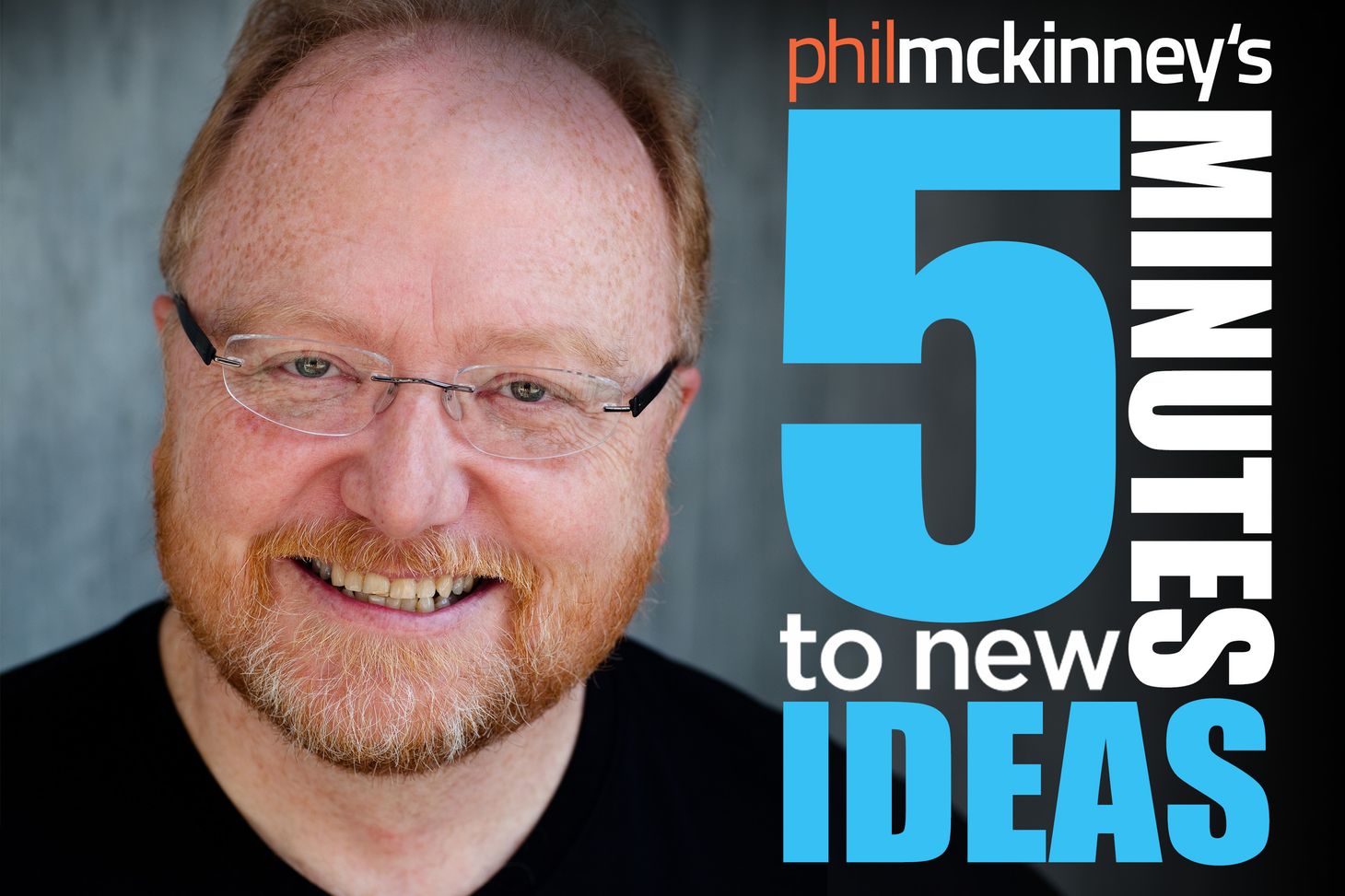Everything I Learned About Ethics I learned in Boy Scouts

Twelve words. Millions of 11-year-old boys, and now young girls, learn it when they join Boy Scouts. It was something that I had to memorize in order to earn my first step along the way to my Eagle Scout medal.
Each weekly meeting started with everyone saying them aloud. We were expected to follow them at all times. When a person achieves Eagle, they stand in front of people attending their Court of Honor and recite them and committing to continuing to follow them.
This could sound like indoctrination or maybe even a cult.
Some organizations could take a lesson on how to establish and then reinforce a culture within their organization. A culture must reinforce its core values and the Boy Scouts did that at every opportunity which for me meant more than 500 times standing with my peers and adults and reciting these words from memory.
So what are these twelve words? The Scout Law.
A Scout is Trustworthy, Loyal, Helpful, Friendly, Courteous, Kind, Obedient, Cheerful, Thrifty, Brave, Clean, and Reverent.
Over the years I found myself returning to them again and again whenever I ran into those ethical dilemmas we all find ourselves in.
Why? Through experience, when I stayed true to the law, things just went better in life and -- it was the right thing to do.
Following a series of high profile ethical lapses that occurred at companies like Enron, a number of universities and colleges added ethics courses to their MBA curriculums. Why MBA courses? The theory being that their graduates would become the future corporate leaders and these courses would then create ethical corporations.
Most recently engineering and science majors are following suit. The logical reaction of high profile cases like Theranose, the shocking increase in the number of scientific research work that has been retracted for fraudulent results and more recently the ethical lapses in the use of personal information at social media and search companies.
Will these new courses suddenly transform ethics in business, science, and engineering? I’m afraid not. Waiting until someone is college age to start teaching them ethics puts way too much of a burden on the course instructors. If we want to ingrain the societal expectation of ethical behavior, the foundations of ethics are something that a person internalizes and commits to over many years. I don’t believe one or two courses is enough.
Is the Scout Law just some random words aimed at creating a false ideal - or is is there some basis to why these specific 12 words? The law came from the Bushido code of the Japanese Samurai, laws of honor of the American Indians, the code of chivalry of European knights, and from the Zulu fighters that the founder of Boy Scouts, Lord Baden-Powell, had fought against.
What does this talk of ethics have to do with innovation and creativity?
With the possibility that artificial intelligence (AI) and other technologies being used unethically, we are being asked to confront the ethics of what we invent. Is an innovation ethical or unethical? It could be argued that any innovation could be created with the best of intentions but applied and used unethically.
Chlorine is used in many industrial and household items that are beneficial yet in WWI it was used as a chemical weapon. Is chlorine ethical or unethical?
It's not the innovation but how we use the innovation that defines its ethics.
What standard should we use as a global society to define ethics? We sometimes just need to recommit and remind ourselves of what it means to be a positive ethical contributor to society, to be someone who others see as setting a standard rather than blindly following others. To be someone our kids and grandkids look up to.
Why not the Scout Law or something close to it?
I’m fully committed to the Scout Law given my years in Scouting. Like all previous Eagle Scouts, I recited the Scout Law during my Court of Honor as an 18-year-old and committed to following it.
Here is a modified version of the Scout Law for all of us …
I commit to being Trustworthy, Loyal, Helpful, Friendly, Courteous, Kind, Obedient, Cheerful, Thrifty, Brave, Clean, and Reverent.
Am I perfect? No! If each of us held each other accountable in a loyal, helpful, friendly, courteous and kind way, society would be a better place.
To understand what I mean by each word in the Scout Law, I will be including an expanded definition in my blog post for this episode.
What standard of ethics have you defined for yourself and your team?
Does your team know the ethics you expect from them?
Do you hold everyone, yourself included, in your organization to that standard?
As the saying goes,
You get the team you deserve based on the worst actions you permit to happen.
Let’s set the standard for ethics in innovation.
I’m Phil McKinney and thanks for listening.
Phil McKinney Newsletter
Join the newsletter to receive the latest updates in your inbox.




